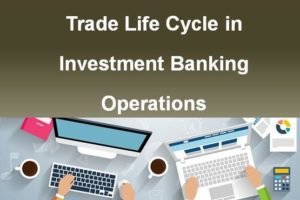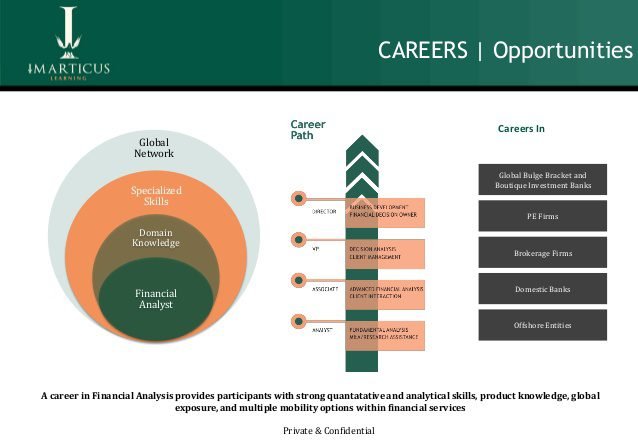Before understanding the trade life cycle of reconciliation, let’s study the term: reconciliation.
Reconciliation
Reconciliation is basically a process in which an accountant compares two separate records and evaluates the accuracy of the agreement. It is a verification method to ensure that the process of trading is correct, secure and consistent in practice.
The process of reconciliation is done in order to protect businesses from fraud and illegal activities in trade. The frequency of reconciliation depends on the body with regular check frequencies of daily, once in a month or in a year.
Now, we are in a position to understand the trade life cycle of reconciliation.
The life cycle of reconciliation
In most institutions, the process of reconciliation is machine-oriented, thereby automated. But the process still requires humans to double-check the accuracy of the document and look for errors. Reconciliation consists of the following steps, let’s understand them one by one:
1. Checking the cash register with the bank statement
The first step of reconciliation is to compare and check the transaction in the cash register to that of the bank statement.
2. Finding missing transactions in the bank statement, and matching it with that of the cash register
There are instances when a transaction is not recorded in the bank statement, but it is present in the cash register. The role of an accountant here is to find the missing transaction and fix it in the records.
3. Ensuring transactions are recorded in both bank statement as well as company internal register
As an accountant, it is important to record every transaction of the company in a two-medium form. One in the cash register, and second in the internal cash register. This helps in making the process of accounting and reconciliation easier.
4. Check for bank errors
Sometimes there can be printing or technical errors in bank statements which can lead to major differences in transactions in the bank statements and cash register. So it is important to identify the errors, fix them and produce new adjusted bank statements. The accountant can add, subtract or modify the bank statement to match with the cash register in case of a printing error or technical error. The purpose of the process is to make it transparent and secure for the company.

5. Balancing the bank statement and internal cash records
The reason why reconciliation is done is to ensure that the bank statement matches with internal cash records and vice versa. The accountant must identify, correct and modify the errors in any of the maintenance records ( bank statements and internal cash records) in order to depict the good financial health of the company.
There are two ways to check records, one is with the help of double-accounting which we have discussed above. The second is to use analytics to identify major fraudulent activities in the financial system and report them.
If you’re too new finance and banking industry and are looking forward to learning Capital Market, bonds, equities, and investment banking, then we highly recommend having a look at our courses in finance at Imarticus Learning. It will help you in understanding the fundamentals of finance and know about how economies work.
For more such articles, feel free to explore more by,




 A brief History of Commodity trading:
A brief History of Commodity trading:  The
The 







 Why do you want to be a financial analyst?
Why do you want to be a financial analyst?


 Why an Investment Banking Course?
Why an Investment Banking Course? The
The